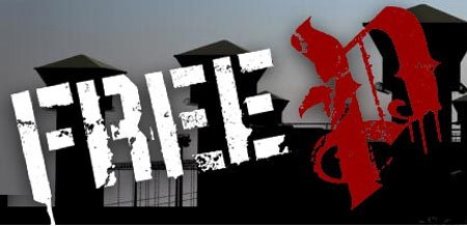Bangkok airport chaos deals blow to tourism
November 26, 2008 2:09:57 AM PST
By STEPHEN WRIGHT and CHRIS BLAKE
Thousands of bleary-eyed tourists mingled with yellow-clad protesters who brought flights to a halt at Bangkok's international airport Wednesday, dealing a major blow to Thailand's tourism industry during its peak season.
The tourism industry, which makes up 6 percent of the economy and employs about a million people, was already flagging after protesters in late August shut down airports serving popular beach resorts in Thailand's south.
With the latest unrest paralyzing the airport -- which handles about 40 million passengers a year -- during the peak tourist season, and TV networks broadcasting images of the chaos worldwide,
Other World Photos
Mumbai gunmen besiege hotels, kill 119 in 2 days
the damage this time is likely to be more severe.
"Our main concern is to get the first flight home and never come back," said Australian newlywed Robert Grieve, 32, drinking a can of Heineken at 9 a.m. as he leaned against a vacated Thai Airways check-in counter. "I haven't even seen any staff since last night."
Fred Thierry, a Shanghai-based French executive with a printing materials company, had been stranded at the airport since 8 p.m. Tuesday.
"I have some meetings in Shanghai today," he said. "I had a big meeting with big customers."
Bangkok's Suvarnabhumi airport was shut down Tuesday after thousands of protesters -- dressed in yellow to symbolize loyalty to Thailand's revered king -- stormed the complex. Some of them were masked and carrying metal rods.
The takeover is the latest escalation in a sometimes violent four-month campaign by the People's Alliance for Democracy to topple Prime Minister Somchai Wongsawat's government, which they claim is a puppet for ousted premier Thaksin Shinawatra. The billionaire businessman turned populist politician was deposed by the military in a 2006 coup following months of street protests against his alleged corruption and abuse of power.
Cathay Pacific Airways, Singapore Airlines Ltd. and dozens of other carriers canceled flights in and out of Bangkok, a major airline hub in Asia.
Inside the airport, exhausted travelers were sleeping everywhere: on their suitcases, on luggage carts, on security conveyer belts and behind vacated check-in counters. Protesters in yellow shirts -- considered the royal color -- walked around distributing food, ham sandwiches and packets of rice.
Airport director Serirat Prasutanont said authorities were trying to negotiate with the protesters to allow some of the 4,000 passengers stranded at the Bangkok airport to fly out.
Singapore's foreign ministry advised citizens to postpone all but urgent travel to Bangkok.
The airport chaos could inflict broader damage on Thailand's economy, which grew at its slowest pace in more than three years in the latest quarter because of the political unrest and the global financial crisis.
"We were thinking of having a new investment here but now we will probably do it in China," said Thierry, a 44-year-old Frenchman, in town to check on his company's Bangkok factory. "The situation is too unstable."
The political protests have already hurt tourism in the country, famous for its beaches and Buddhist temples.
Other World Photos
Mumbai gunmen besiege hotels, kill 119 in 2 days
But the airport shutdown will deter even more visitors from coming, tourism executives said.
Tourist income during the high season -- from late October to February -- could slump to about half the expected 240 billion baht ($6.8 billion), said Kongkrit Hiranyakit, head of the Tourism Council of Thailand.
In late August, when antigovernment protesters shut down the airport on the resort island of Phuket, tourist arrivals at it and nearby resorts plummeted by 17 percent, he said. Fallout from the closure of Bangkok's main airport will likely be worse and could last six months or more, he said.
"We don't know when it will recover," said Kongrit. "The government should be taking steps to solve this problem. Otherwise we can not survive with this situation."
Thursday, November 27, 2008
Subscribe to:
Post Comments (Atom)
























































































































































































































































.jpg)








































































































































































































































































































































































































































































































































































































































No comments:
Post a Comment